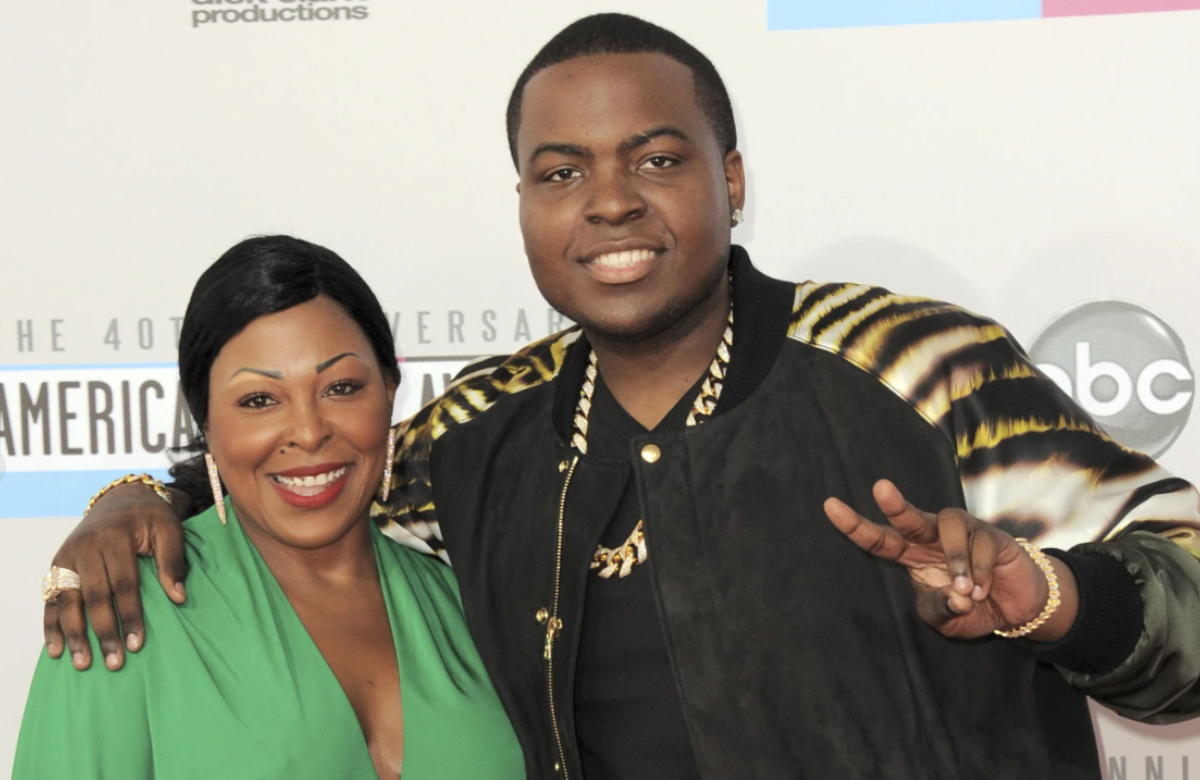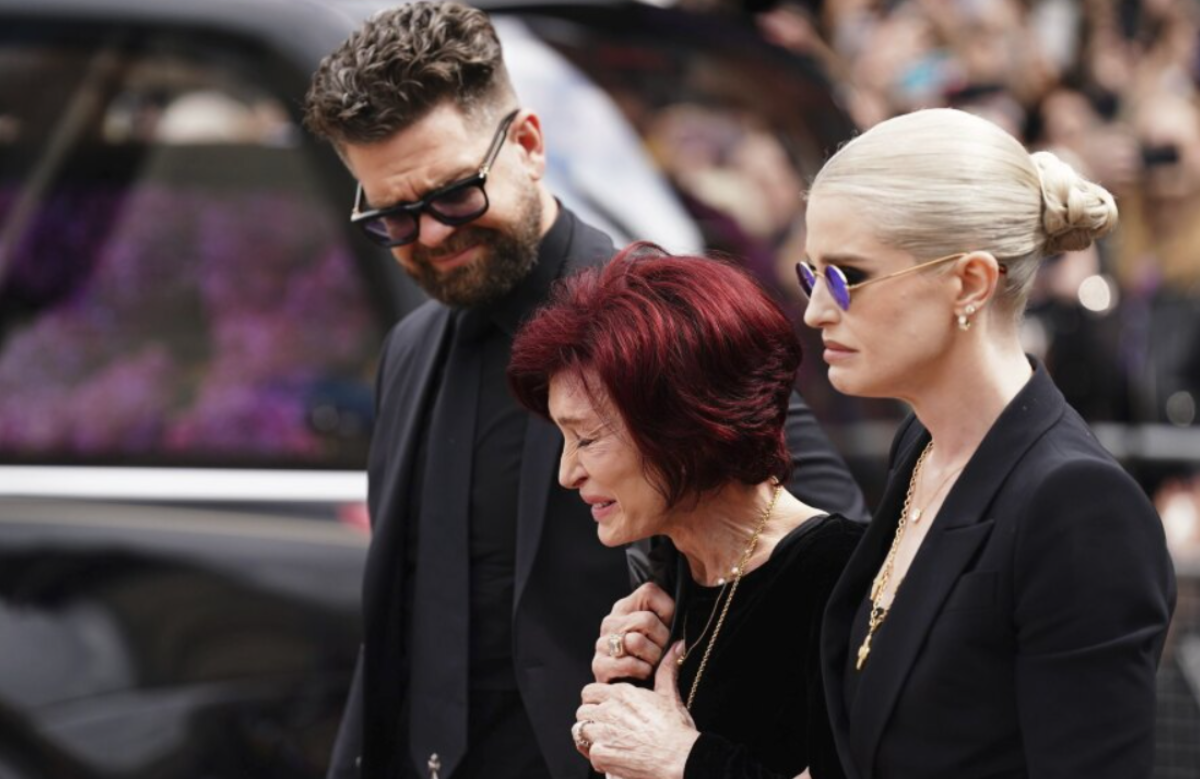A federal judge in Los Angeles has ruled that Mariah Carey did not plagiarize her famous song “All I Want for Christmas Is You.” The decision, made by Judge Mónica Ramírez Almadani, granted Carey and her co-writer Walter Afanasieff a summary judgment, allowing them to avoid a trial.
The lawsuit, filed in 2023, was brought by songwriters Andy Stone (known as Vince Vance) from Louisiana and Troy Powers from Tennessee. They claimed that Carey’s 1994 holiday hit, which has since become a seasonal favorite and streaming powerhouse, infringed on the copyright of their 1989 country song, which shares the same title.
Gerard P. Fox, the lawyer representing the plaintiffs, expressed disappointment in the ruling. In an email, he noted that judges at this level often dismiss music copyright cases, and that appealing the decision is usually necessary to bring the case to trial. Fox mentioned that the lawsuit was based on the opinions of two respected musicologists from prominent colleges, and that his client would decide soon whether to appeal.
Stone and Powers’ lawsuit claimed that their version of “All I Want For Christmas Is You” features a distinctive narrative structure. The song describes someone who, disillusioned with material gifts and the trappings of the holiday season, expresses a desire to be with their loved one, even going so far as to write a letter to Santa Claus.
Stone and Powers argued that there was a strong likelihood Carey and Afanasieff had heard their song, which had once peaked at No. 31 on Billboard’s Hot Country chart, and that they had infringed on their copyright by incorporating key elements from it.
After reviewing testimony from expert witnesses on both sides, Judge Ramírez Almadani sided with the defense. The defense argued that both songs used common Christmas tropes that were in circulation before either track, and that Carey’s song used those elements in a distinct way. The judge concluded that the plaintiffs had failed to prove the songs were substantially similar enough to warrant a copyright violation.
Judge Ramírez Almadani also imposed sanctions on the plaintiffs and their legal team, deeming the lawsuit and its subsequent filings frivolous. She stated that the plaintiffs’ lawyers had failed to make a reasonable effort to verify the factual claims made in the case. As a result, the plaintiffs are required to cover at least part of the defendants’ legal fees.
Attorneys and publicists representing Carey did not immediately respond to requests for comment.
Carey’s holiday hit has gained even more popularity in recent years, surpassing its success in the 1990s. It has reached No. 1 on the Billboard Hot 100 chart for the past six consecutive years, ranking the most popular songs each week based on airplay, sales, and streaming, regardless of the holiday season.
While Carey and Afanasieff have had public disagreements about the extent of each person’s contribution to the song, their differences have not led to legal action. In this case, however, they stood united.















